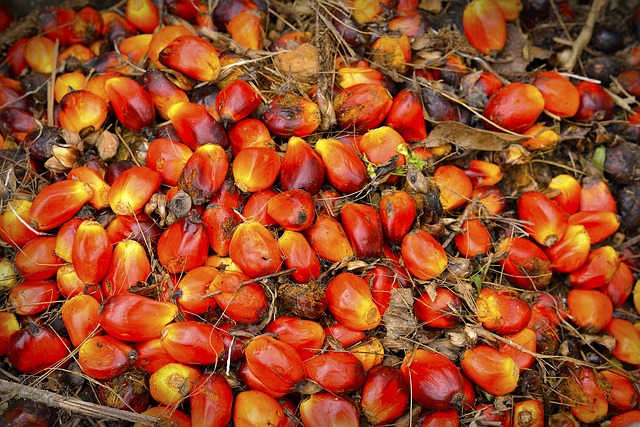Background and issues
Over the last 10 to 15 years, the social and environmental impacts of the rapid development of palm oil plantations in South-east Asia, and, more recently, in Central and West Africa, have attracted a growing amount of attention on a variety of issues - deforestation, biodiversity loss land dispossession suffered by local communities, bonded or illegal labour, etc. Several initiatives aimed at alleviating these impacts on both the social and environmental fronts, of different kinds and helmed by different actors, have been launched.

These initiatives can be broadly categorised into two types:
- the emergence of sustainability standards for the market, based on the premise that consumers are willing to a pay a premium for palm oil that is certified “sustainable”. These standards are underpinned by a set of criteria and indicators as well as independent audits to ensure compliance by producers;
- voluntary initiatives led by companies, which do not necessarily result in the issuance of a label or the definition of a sustainability standard per se, but which expand and progressively strengthen the criteria and indicators taken into consideration to determine the sustainability of a production mode. The Palm Oil Innovative Group (POIG), the HCS Approach (which has close ties to the former) and the Sustainable Palm Oil Manifesto (SPOM), fall under this category.
Meanwhile, the implementation of the Paris Agreement has led the European Union as well as France to reflect on imported deforestation, whereby a major share of emissions arises from European consumption. In this context, discussions are being held regarding measures to limit future imports of products linked to deforestation, including palm oil – especially for biofuel development. In addition to these discussions, complex negotiations are also underway with producer countries − especially South-east Asian countries like Indonesia and Malaysia which have historically been the largest palm-oil producers −in order to direct legislation in these countries towards a better integration of sustainability issues.
Objectives
Most of these initiatives and projects have emerged in the last five years, often in response to one another. In this respect, the goal is to assess these initiatives in order to determine:
- how they are actually implemented within the palm oil supply chain,
- what effect(s) they have on supply chain structures
- what specific impact can be attributed to them in terms of sustainability.
Research results will help to enrich the definition and implementation of strategies by all European actors in the palm oil sector looking to improve its sustainability: development assistance bodies, palm oil buyers, European governments, and the European Commission, among others.







